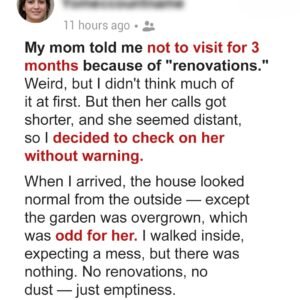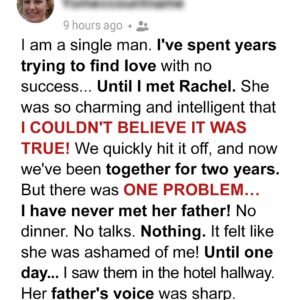In the golden era of 1950s Hollywood, Lee Grant was on the cusp of stardom. She was young, beautiful, and immensely talented, earning critical acclaim and an Academy Award nomination for Best Supporting Actress for her role in Detective Story (1951). Hollywood had its next big star—or so it seemed.
But within a few short years, Grant went from being a rising luminary to a Hollywood exile, her career derailed not by scandal, poor performances, or box office failures, but by something far more insidious—the infamous Hollywood blacklist.
The blacklisting of actors, writers, and directors during the Red Scare destroyed countless careers, and Grant, despite having no direct ties to communism, found herself trapped in its ruthless grip.
Her crime?
A single speech.
At the funeral of J. Edward Bromberg, a fellow actor and alleged communist sympathizer, Grant delivered a eulogy honoring his work and condemning the pressures that had driven him to an early death. That moment of compassion and defiance sealed her fate.
Almost overnight, she became radioactive in Hollywood. The doors that had once been flung open for her now slammed shut.
For twelve long years, Lee Grant—one of the most promising actresses of her generation—was erased from Hollywood.
Hollywood’s Golden Girl Turned Outcast
Before the blacklist, Grant had everything. Born Lyova Haskell Rosenthal in 1925, she trained at the prestigious Neighborhood Playhouse School of the Theatre and the Actors Studio. Her talent was undeniable, and her early performances carried a rawness and depth that set her apart.
Her breakout role in Detective Story put her in the industry’s spotlight, earning her a Best Supporting Actress nomination and cementing her status as an actress to watch.
But just as quickly as the industry lifted her up, it cast her aside.
When Grant spoke out against the destructive nature of Hollywood’s anti-communist crusade, she unknowingly signed her own career death sentence.
Though she never officially belonged to the Communist Party, her husband at the time, playwright Arnold Manoff, was affiliated with leftist political groups. That connection—combined with her public speech—was enough to place her on the infamous blacklist.
Hollywood’s message was clear: speak up, and you will be silenced.
Twelve Years in the Wilderness
For more than a decade, Grant was trapped in professional limbo.
Casting directors wouldn’t touch her. Studios refused to associate with her. Powerful executives, eager to purge Hollywood of anyone remotely controversial, turned her into a ghost.
She was forced to survive on television roles, where blacklisted actors had slightly more leeway. Even then, her work was sparse.
Many blacklisted artists saw their lives crumble completely—careers obliterated, marriages broken, reputations forever stained. Some, like Bromberg, succumbed to stress-related illnesses. Others, in their darkest moments, took their own lives.
But Grant refused to be completely erased.
She found solace in theater, performing in small productions that allowed her to continue honing her craft, even if Hollywood refused to acknowledge her.
And then, after twelve years in exile, her redemption came.
The Comeback Hollywood Never Saw Coming
In 1964, the blacklist finally began to lose its grip, and Grant re-emerged in the entertainment industry. With the rise of a new generation of directors and changing political attitudes, Hollywood slowly began to welcome back some of the talent it had once discarded.
Grant returned with fury and determination, picking up where she had left off.
She landed a role in the television series Peyton Place and quickly reminded audiences why she had been such a sensation in the first place. Her performances were gripping, raw, and authentic.
And then, in 1975, Hollywood was forced to recognize what it had lost.
Grant delivered a career-defining performance in Shampoo (1975) and won the Academy Award for Best Supporting Actress—a full twenty-four years after her first nomination.
It was more than a personal victory.
It was a reckoning.
The same industry that had thrown her away was now forced to acknowledge that it had been wrong.
A Legacy of Survival and Defiance
Though Grant would go on to appear in critically acclaimed films like Mulholland Drive, Plaza Suite, and The Heat of the Night, her greatest legacy isn’t just in her performances—it’s in her resilience.
She not only survived the blacklist—she thrived beyond it. She became an outspoken advocate for free speech, directing and producing documentaries that exposed Hollywood’s culture of power and silence.
In her later years, Grant remained a force in the industry, writing about her experiences and mentoring young actors navigating Hollywood’s brutal and unforgiving system.
Her story is one of triumph over injustice, a testament to the tenacity of an artist who refused to be erased.
Hollywood may have tried to silence Lee Grant.
But in the end, her voice was louder than ever.





